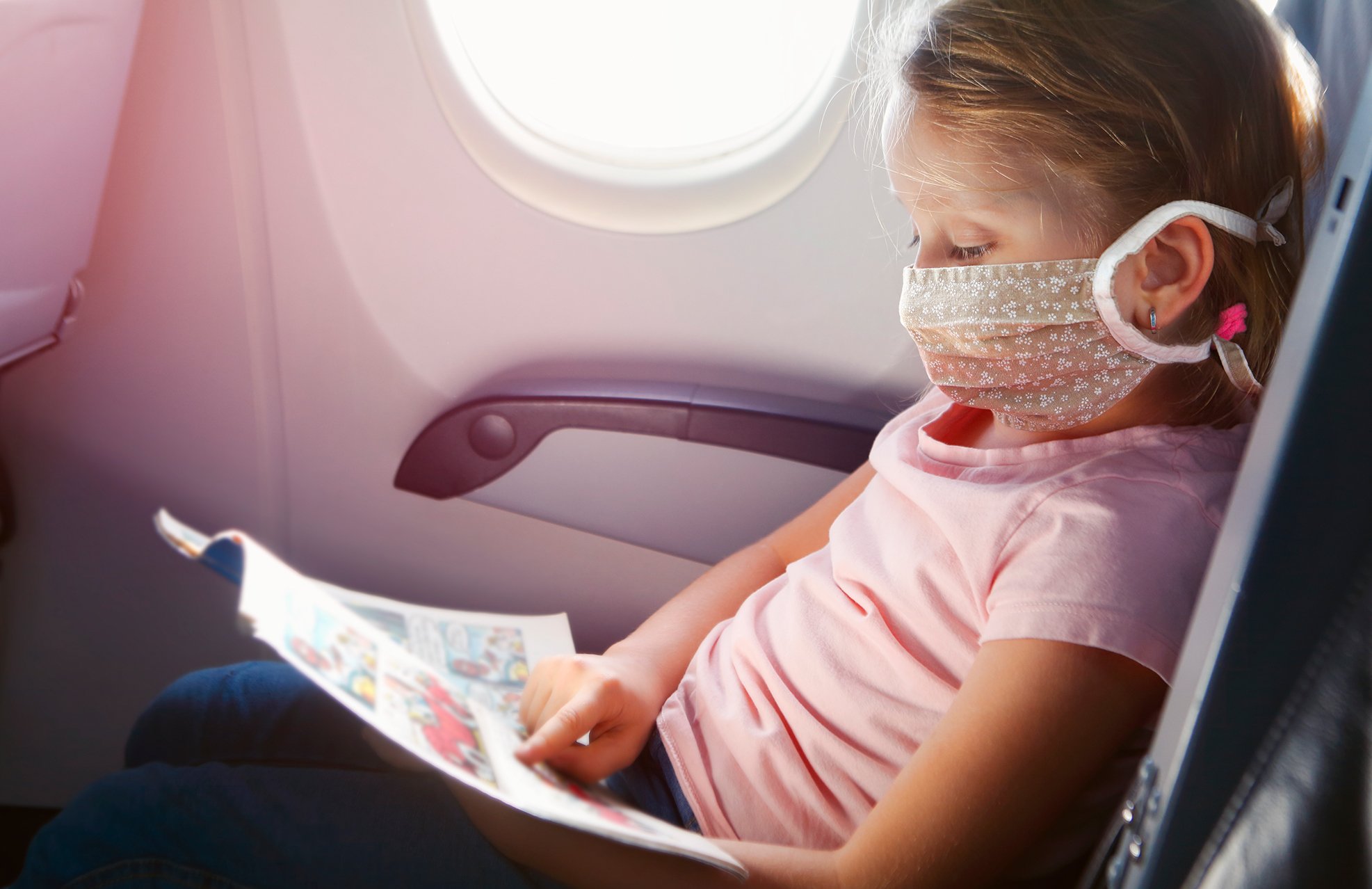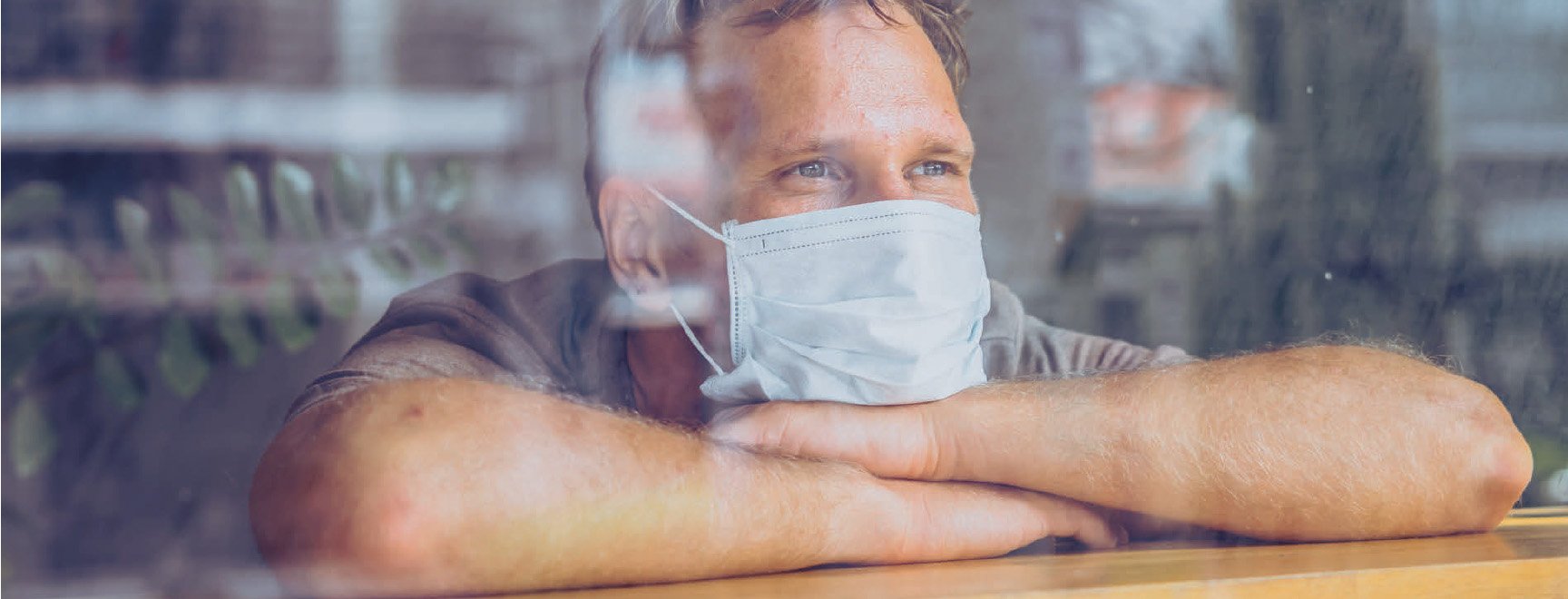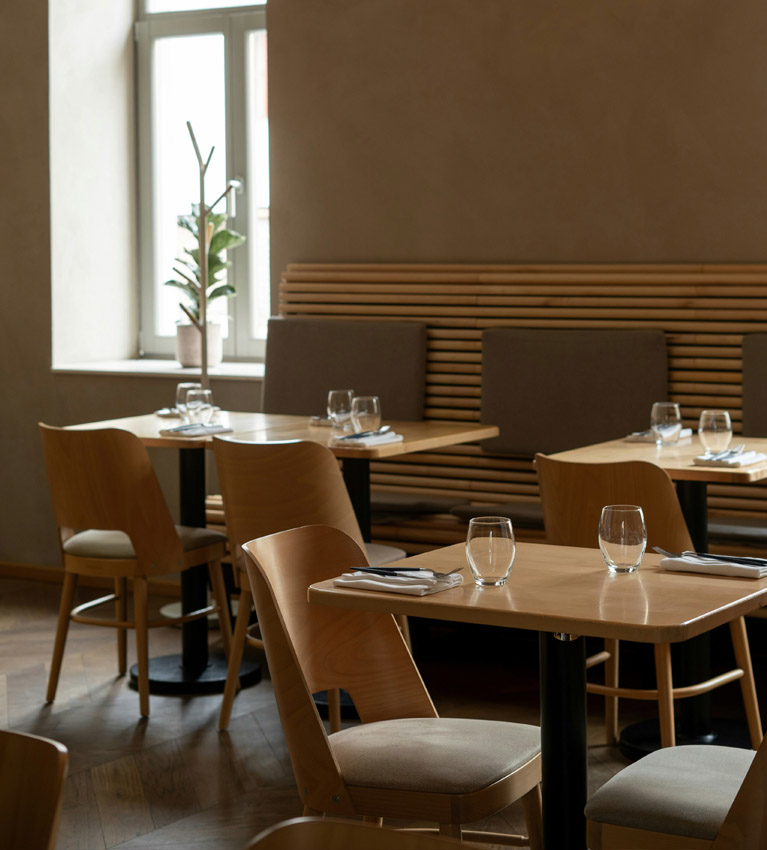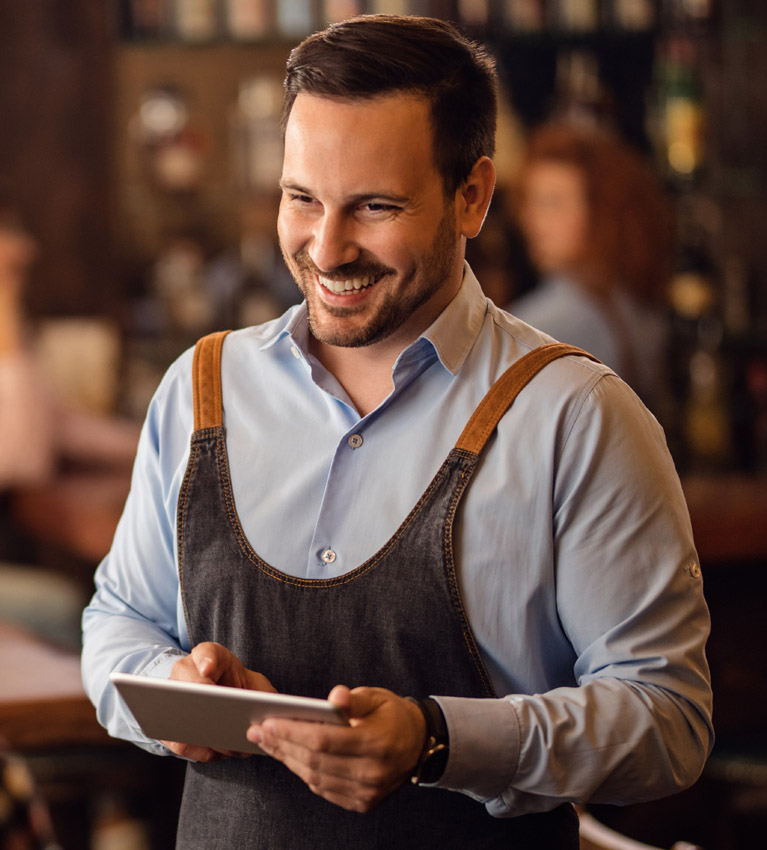
Holidays, Hugs and Hope: Post-Pandemic Travel Trends

A Man for All Cuisines
June 17, 2021
Daring to be Different
June 17, 2021What a Year!
No hugs, no visitors, closed borders, and
home detention.
For many of us, the last year has felt more like a penal sentence than health precaution. Worldwide the hospitality industry has been one of the hardest hit during the pandemic.
The global travel and tourism sector suffered a loss of almost $4.5 trillion in 2020, with more than 62 million jobs lost, and international travel spending down 69.4% on 2019 levels, according to the World Travel & Tourism Council (WTTC). For much of the year in many countries it became illegal to indulge in the two things that are fundamental to the tourism and hospitality sector: travel and spending time with others. And sadly, unlike many other businesses, there were few cashgenerating alternatives: you can’t take delivery of a holiday via Amazon.
However, the vaccination is about to let many of us off the lead and unleash a deluge of pent-up demand for travel, eating out, and reconnecting with family and friends. Or is it? Has the pandemic caused us to recalibrate our values and change our behaviour? How will we react once we can travel again? Will we revert to type or will tourism businesses need to cater for a different kind of traveller? Here are a few possible post-pandemic trends, plus key takeouts.
Variable Recovery Rate
A resurgence of infections, residual safety concerns, and variable vaccination rates around the world probably mean the summer will happen mainly at home for many people. The star of the tourism firmament in 2020, ‘staycations’, will again prove the most resilient sector in 2021.This is great for cash flow in countries with large and relatively affluent populations and a developed tourism infrastructure. But, in smaller nations and developing countries with little domestic leisure traffic, the loss of international tourism will be keenly felt. Short-haul international travel may pick up as vaccination confidence kicks in, but probably not significantly before late autumn. Even sun-starved Brits seem willing to wait for their vitamin D rush. A recent YouGov poll of travel intentions found just one in 10 UK adults is confident of having a ‘normal’ summer holiday abroad this year.
Apart from safety concerns, one of the disincentives to international travel at the moment is uncertainty about what will and won’t be open when people get there. After all, people travel to do more than sleep in someone else’s bed.
Sadly, long-haul is unlikely to show significant vital signs until 2022. Airlines are looking to 2025 as the year passenger traffic might return to 2019 levels.

Have Money, Will Travel
Despite the devastating economic impact of COVID-19, there will still be people in work, retired, and with cash to spend from ‘accidental’ savings during lockdown. Having saved on commuting, childcare, eating out, travel, and other indulgences, travel will be the single biggest beneficiary of spending as restrictions are eased, according to research by the UK’s Trajectory Partnership. Characterised, somewhat distastefully, by some as ‘revenge travel’, we are likely to see a surge in travel, as soon as permissible, particularly to familiar and easily accessible places.

Room to Breathe
Outdoors is the new ‘cool’. A combination of the search for space (for both safety and ‘spiritual’ reasons) and appreciation of nature, which have grown during the pandemic, is likely to fuel the penchant for less crowded, rural destinations.
But, as rural destinations boom, they will be
under pressure to manage a level of growth
many are ill-equipped to handle. Problems of ‘overtourism’ more familiar to Venice and
Barcelona may begin to afflict more beauty
spots around Europe, damaging the very appeal
that attracts people. Authorities may hope for
the best, but they need to plan for the worst.

Slower Travel
COVID precautions, which add to the hassle of travel, will encourage people to seek value for time and spend longer in their destination, rather than on Instagrammable short breaks. Having discovered space in rural destinations, people will tune in, slow down, and seek fulfilment in authentic experiences, from regional cuisine to local traditions and culture, which make the place what it is.
This offers an opportunity for places to keep people longer, by offering immersive insights into their character beyond the brochure.

Safety Concerns
Safety has been elevated beyond a mere ‘hygiene factor’ in the holiday decision-making process to a ‘must-have’. It will remain a concern for months to come.
Travellers will want to know their intended destination, means of transport, accommodation, and places they might visit, all take visitor safety seriously. While hygiene and safety measures may not be a killer sales proposition, businesses will almost certainly be at a competitive disadvantage if they do not apply them assiduously and communicate this effectively to potential visitors.
This means hygiene and safety measures will need to be included up-front in marketing communications in a way they never have been before. Malta was ahead of the global curve on this with its informative and reassuring ‘Sunny and Safe’ brochure.

Advance Booking
Limited availability imposed by social distancing requirements has necessitated advance booking for places we used to take for granted and just turn up – from visitor attractions to cafes, restaurants, and events.
This has reversed the previously inexorable trend towards late-booking and impulse-purchasing. We have got used to no reservation meaning no entry. We don’t want to miss out.

Treat Yourself
Partly as a result of pent-up demand and partly ‘accidental savings’, many people will be willing to spend more on their holidays. They may have to, as the pressure of demand, particularly for scarcer and increasingly popular self-catering accommodation, pushes prices up.
Tour operators in the UK are reporting a greater willingness amongst customers to pay for upgrades and add-ons to ensure they get the best slot, sea view, or guaranteed experience.
Expect a greater willingness to splurge on better quality accommodation, more gastronomic experiences, finer wines and unusual experiences. Whether this will continue as a sustained trend, or merely reflects a celebration of emergence from domestic incarceration, remains to be seen.

Happy Families
Global crises have an effect of bringing families together, as we saw in the USA post-9/11. For many, who have not seen their parents, children, grandchildren and other family members for the best part of a year, the desire to get together will be powerful.
This is likely to translate into multi-generational family holidays, just to see each other again. Missed Christmas gatherings will be re-enacted, albeit largely domestically. But the demand for multi-generational holidays is likely to grow internationally too over the next couple of years.

Technology Rules
Technology will shrink space and shorten time. It will also help us feel safer. And it will do all this from the phone in our pocket. We increasingly expect to have the world at our fingertips.
No-one wants to touch anything. This will accelerate contactless and cashless transactions and personally accessible information, from hotel check-in and checkout, transport tickets, and retail purchases, to foodordering, automatic doors and all types of information. People will increasingly expect this all to be accessible on the move 24/7, via mobile platforms.
Big data enables quite granular insights into people’s preferences, locations, and behaviour. People will expect all information to be bang up to date, personally relevant and local. This will be a two-way process. Visitors might search for places to eat nearby that have availability in an hour. But a vegan restaurant might also push its availability to any vegans within a 1-hour radius. The opportunities for clever destination management and filling trough periods for businesses are legion.

Conclusion
We may still be far from the sunlit uplands of full recovery. But, with the clouds of the pandemic beginning to clear, we can start to see the road that leads towards that horizon.
Travellers’ priorities are changing, and becoming much more varied. The much touted ‘new normal’ doesn’t exist. We’re all different. ‘Normal’ is just a setting on the washing machine. As well as coming to terms with this we also need to recognise:
• We will have to learn to live with this virus.
• We will need to work hard to make the whole world safe because, until then, none of us are safe.
• We need to plan ahead: for a possible third wave this autumn; to manage destination congestion as we are let off the lead; and for inevitable future crises.
• We need to listen to what people want now. Yesterday’s habits may not be tomorrow’s tastes.
Recovery may take time. But vaccines, political will, global cooperation, human ingenuity, and a worldwide love of travel, are the ingredients that should, together, inspire confidence and, eventually, help tourism bounce back. There is no reverse gear to this recovery. It may just take a year or so to reach top gear.
In the meantime, there is hope for the mediumlong- term. Here’s to hitting the road again, and happy hugging.

Tom Buncle - Yellow Railroad Ltd
Tom Buncle runs Yellow Railroad Ltd., a Scottish-based international destination consultancy specialising in helping countries, regions, and cities worldwide improve their competitiveness as sustainable tourism destinations.
A former Chief Executive of Visit Scotland, and international manager for Visit Britain, he is also an Honorary Professor at Edinburgh’s Heriot Watt University. He writes and lectures at international conferences, universities and business schools, on destination branding, crisis recovery, and global travel trends.
Click here to see Horeca Issue 5 online



